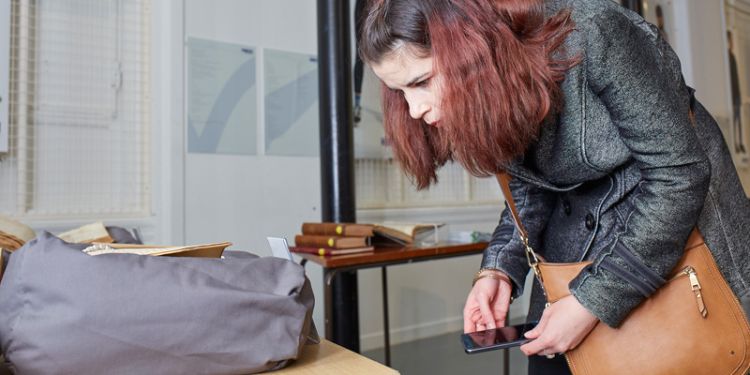Impact

We aim to produce interactive and impactful research that will demonstrably change or influence the activities and practices of the wider society. We have specific skills in recovering, archiving and critically evaluating a very wide range of social, political and cultural developments and data. We're uniquely placed to both critique and explain contemporary political, economic, social and cultural issues by exploring how they have evolved over time.
Through our expertise in understanding patterns of historical change and continuity, we're able to contribute to debates about what, in our society, is temporally contingent. We also aim to contribute to the need of cultures and societies to historicise as a way of celebrating identity, as a means of reaching political accommodation and as a strategy for building stronger institutions for the future.

